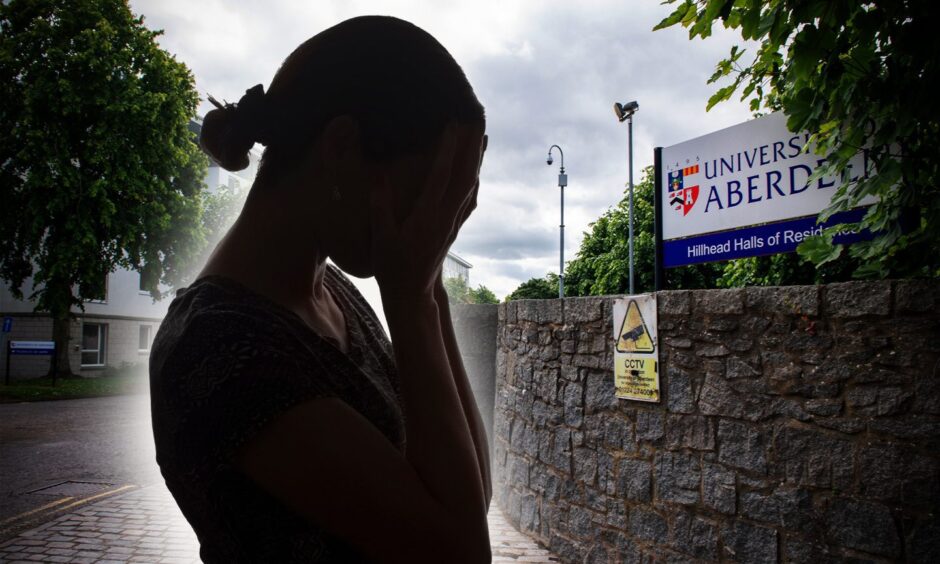
Flat squabbles, drunken mishaps and drug overdoses are what staff at Aberdeen University’s Hillhead student accommodation are prepared to deal with on the job.
But what they’re not sufficiently prepared for and trained to deal with is the scale of severe mental health issues and risks of serious self harm at the halls, alleges one staff whistleblower.
They have spoken to the P&J to shine a light on what they allege is a significant lack of support for staff to deal with students enduring major crises.
The insider has told us of a number of alarming alleged incidents at the halls, including this one from early on in their job: “I was speaking to my colleagues and one of them turned around to me and said ‘Usually we have two different people who are very suicidal on campus.
“‘But this year it is probably about six or seven’.
“I remember going: ‘I didn’t sign up for this’.
“And I almost felt like I was duped into getting this job. I don’t think I was told the full extent of what I would be dealing with and what was going on.”
They allege more needs to be done to help those struggling with their mental health at the Hillhead accommodation, and tell us of:
- Stories of de-escalating episodes of self-harm which sometimes led to sitting in A&E, or colleagues providing urgent advice using “flashcards”
- Staff having to look after alarming and dangerous items
- An alleged lack of staff training, dangerous lone working and a high turnover of personnel
Relying on ‘flashcards’ while trying to help a student in danger of self-harm
Situations surrounding suicide or self-harm that would need to be responded to by staff at Hillhead would occur at least once a week, alleges the whistleblower.
With staff only receiving required first aid training, inexperienced workers could often find themselves with little protection and being ill-equipped to manage high-risk situations.
This issue says the whistleblower, is further enforced by the high turnover within teams, reduced staff numbers and lone working becoming “part and parcel” of the job.
The danger of this lack of sufficient training became apparent during one evening phone call.
Picking up the phone in the office to what they thought was a pocket dial, our insider found themselves speaking to a student in a distressed state.
The student, having been flagged by services as being in a vulnerable condition, was in danger of self-harm.
Feeling very out of their depth, the whistleblower relied on their wits and frantically written flashcard advice from a more experienced colleague.
“My colleague was holding up suggestions and there were points I was just winging it.”
Thankfully the situation was de-escalated but while there was follow-up for the student, no one checked in with the staff involved, which surprised and concerned the insider.
‘It is a tough time to be a student and a young person’
Like many other universities, the University of Aberdeen is experiencing an increasing number of students seeking support for mental health.
Among the top suspected offenders contributing to this is Covid and the cost of living crisis.
Aberdeen University’s Nicholas Edwards, head of student support services and deputy director of people, provided us with insight into what is being done to help support students and staff.
Post-pandemic, Mr Edwards said there has been an increase in “crisis” situations
This usually involves students who have not accessed support before but after an incident might require urgent support from staff teams.
Mr Edwards added: “That can be brought on by a variety of different things.
“But I’d say the underlying general view across the student body is that it is a tough time to be a student and a young person.
“That combined with more people feeling able to come forward for support, with more things that you need support with, including things like social media and the effects of the pandemic, it has created the perfect storm for mental health.”
One in five Scottish students reported thinking of or attempting self-harm
Mental health absences at Scottish universities from staff and students rose to 40% between 2017/18 and 2021/22.
Sadly it has not stopped at people taking time off.
In the Mental Health Foundation’s 2021 Thriving Learners Survey, one in five Scottish university students admitted to thoughts of suicide or making an attempt within the previous six months.
At Hillhead accommodation on Don Street which houses around 2,ooo students, there were four attempts last year, alleges the whistleblower.
“Those are the known ones. It’s always scary when you don’t know and they make an attempt.
“That’s always worrying because it wasn’t on your radar.”
Students giving staff alarming items
The whistleblower also highlighted other occasions where they felt there were no proper follow-ups for staff.
They included one where a student was found having an episode after self-harming and another where a hurt student had to be taken to A&E.
At times, staff have also been given dangerous items associated with self-harm by students to keep them out of sight.
Sometimes notes containing evidence of significant mental health issues are also passed on for safekeeping.
The issue, alleges the whistleblower, is there is no protocol in place for these items which students had a “powerful emotional attachment to”.
So when students asked for them to be returned, they say staff were left concerned and unsure of their next steps.
When asked about these situations, head of student support services Mr Edwards said staff should always seek guidance from a senior member of staff who should be on-site or on call.
He said staff have access to counselling services, the HR team and a 24/7 support line. After a “crisis” incident, this support should be reiterated to staff.
Mr Edwards said while staff training differs depending on role, there is a standard of training they are asked to complete.
For those working in halls, this includes processes of managing a crisis situation and early intervention risk assessment training provided by the charity EmilyTest.
Concern about service collapse
The insider said: “There’s genuinely a lot of care the teams have for the students.
“They care about the role, the job and the students but it’s just over-exhausting.
“I think my biggest issue is needed and necessary services going under because that staff support isn’t there.
“Then something happens and the only people to blame are those who could have made a difference.”
As more young adults arrive at university with existing mental health issues, there is the question of how much responsibility universities take concerning their well-being.
Especially as universities struggle with tightened budgets and government funding for counselling was cut last year.
What can the University of Aberdeen do?
However, the whistleblower argues more can still be done with the existing services.
They added: “One of the things Aberdeen Uni can start doing now is developing a strong rapport with other support services and working together.
“Nine times out of 10 that student isn’t just seeing you, they are seeing other people…People don’t have their finger on the pulse and stuff is missed or misinterpreted.
“I think if they genuinely cared there would be greater levels of support for not only staff but students as well and they would have a greater understanding of where students are at.
“They know the stories that go on.
“There are way too many near misses and near chances…How come nothing is being done? What does it take?”
University of Aberdeen: ‘We want to take any comments from staff seriously’
Addressing criticism on needing services to work better together, Mr Edwards from the university said: “I would say we have never had a more collaborative approach to support.
“Over the last 12 months, we have introduced new procedures and protocols to ensure consistency of support for students to ensure staff members understand the limits of their expected roles.”
The head of student support services added: “We want to take any comments from staff seriously.
“One of the key messages I have for students and staff is knowing where they can come for support when they need it and making sure that they know what is expected.
“They are not expected to deal with these situations themselves.”
If you are struggling with any mental health issues, help is always available. Speak to Samaritans for free on their 24-hour helpline 116 123 or if you are under 19 call Childline on 0800 1111
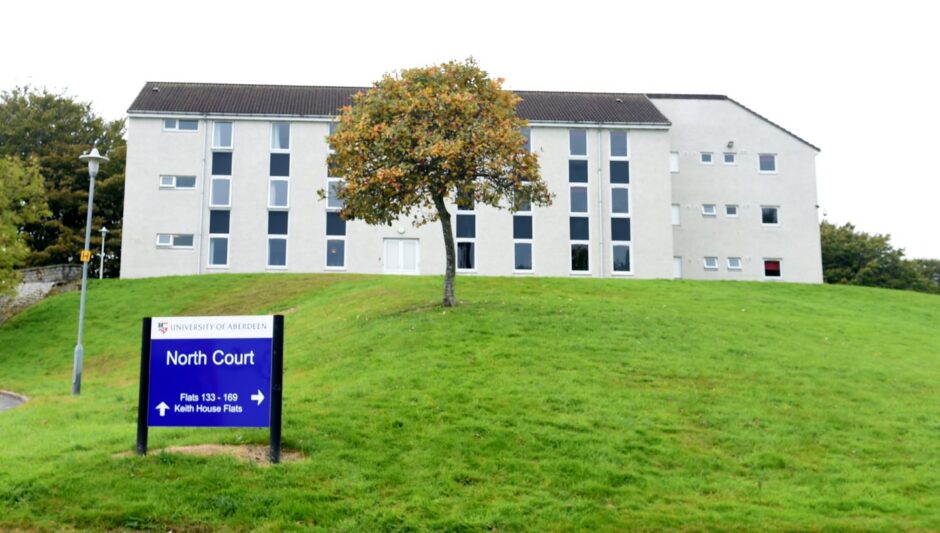
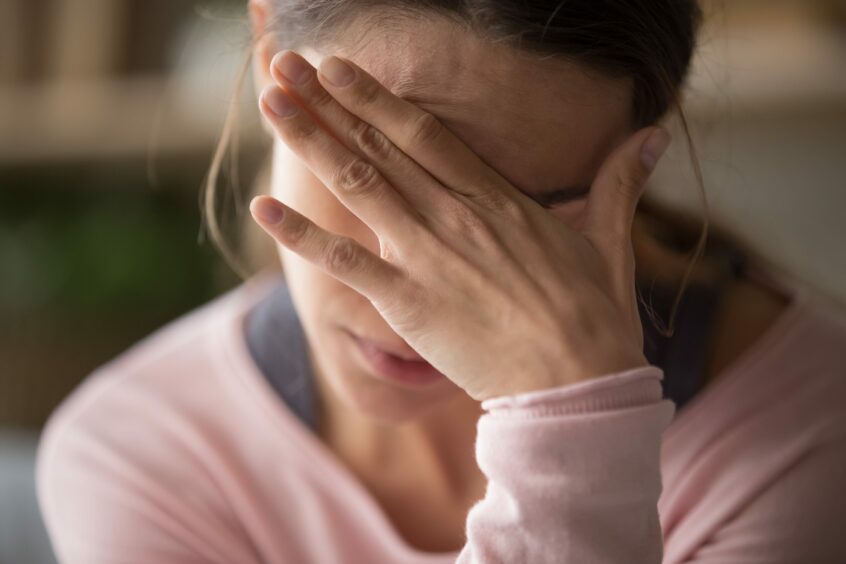

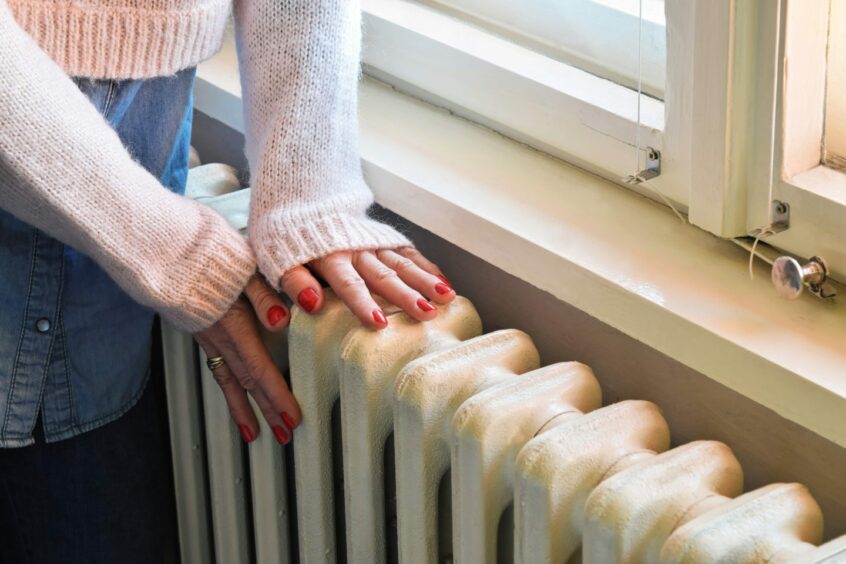
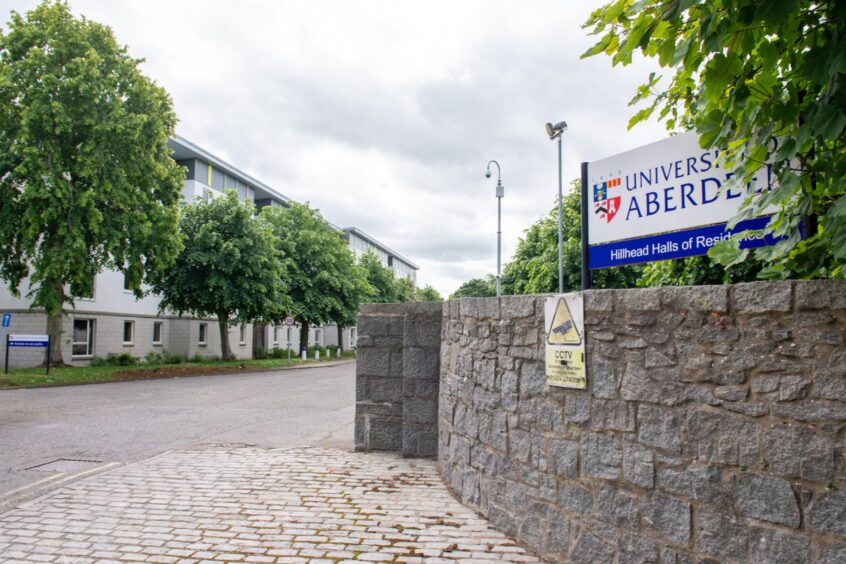
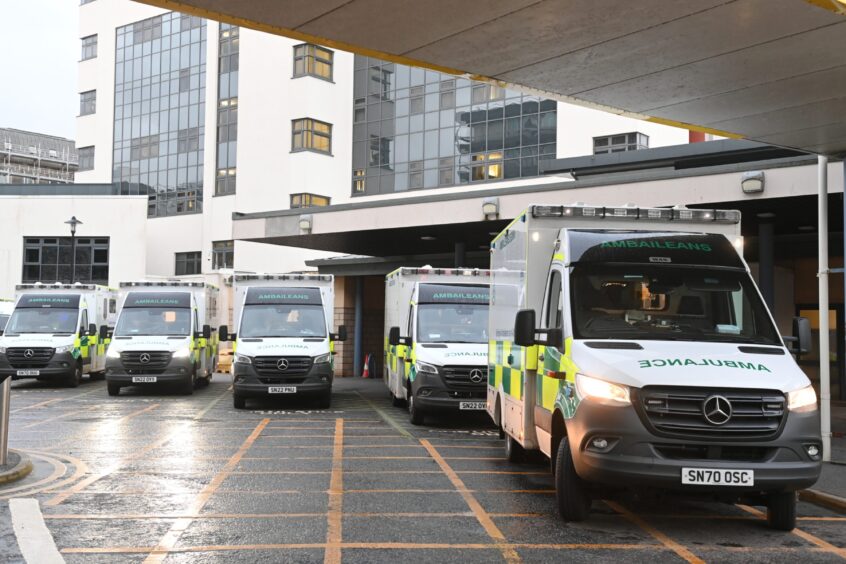


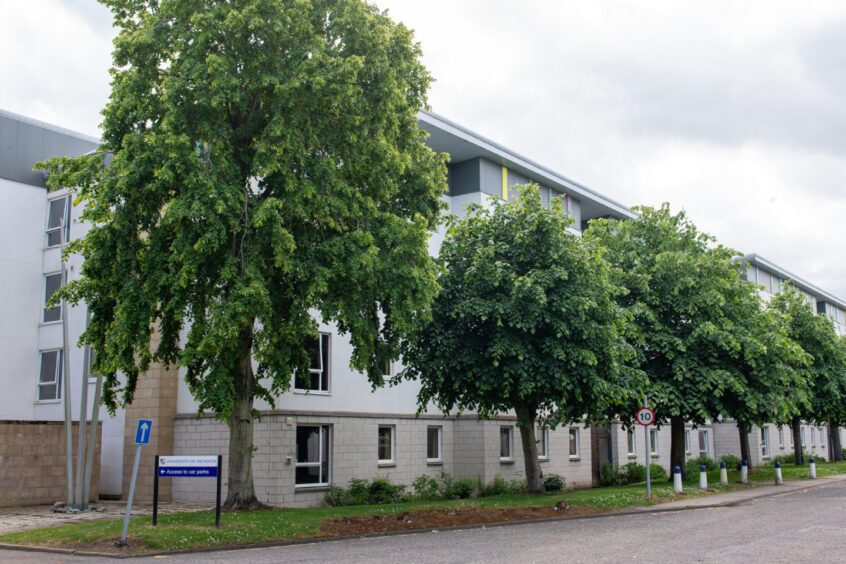
Conversation